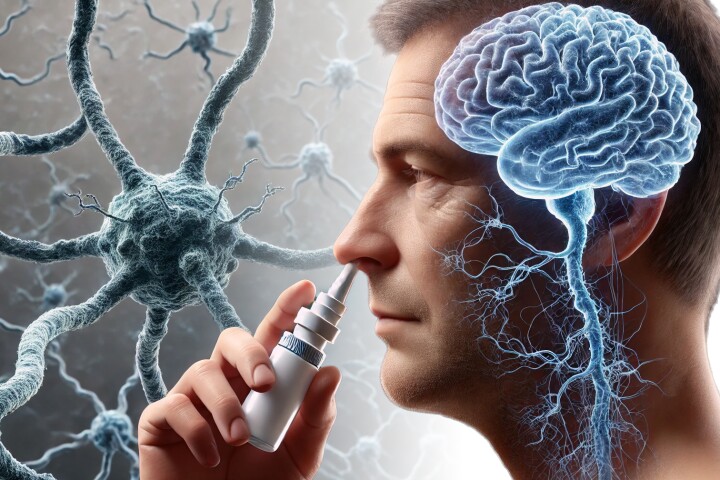A study investigating the impact of vitamin D on gene expression has found significant differences between vitamin D2 and vitamin D3 supplements. The findings, published in the journal Frontiers in Immunology, indicate vitamin D3 may be more effective at strengthening the immune system compared to vitamin D2.
Vitamin D generally comes in two main forms: ergocalciferol (vitamin D2) and cholecalciferol (vitamin D3). Prior research has established vitamin D3 supplements are much more effective at raising a person’s blood levels of vitamin D. However, it is unclear whether there is any functional differences to human health between the two types of vitamin D supplements.
To help fill this gap in the knowledge the new research looked at data from a recently completed double-blind, placebo-controlled clinical trial that compared the effects of vitamin D2 and vitamin D3 supplements in several hundred healthy women. A previously published study reported on the trial’s main results, affirming 12 weeks of vitamin D3 supplementation was more effective at raising blood levels of vitamin D.
The new investigation looked at the differences between the two forms of vitamin D on gene expression. In general, the researchers detected significant differences in gene expression between the vitamin D2 and vitamin D3 groups.
“Notably, following vitamin D3 supplementation, the majority of changes in gene expression reflected a down-regulation in the activity of genes, many encoding pathways of the innate and adaptive immune systems, potentially shifting the immune system to a more tolerogenic status,” the researchers wrote in the new study. “Surprisingly, gene expression associated with type I and type II interferon activity, critical to the innate response to bacterial and viral infections, differed following supplementation with either vitamin D2 or vitamin D3, with only vitamin D3 having a stimulatory effect.”
Colin Smith, lead author on the study, said reduced type 1 interferon signaling has been linked to increased susceptibility to viral infections. So he hypothesizes vitamin D3 may be more effective than vitamin D2 at strengthening immune responses against viruses.
"We have shown that vitamin D3 appears to stimulate the type I interferon signaling system in the body - a key part of the immune system that provides a first line of defense against bacteria and viruses,” Smith said. “Thus, a healthy vitamin D3 status may help prevent viruses and bacteria from gaining a foothold in the body.”
The study does note that these findings indicate vitamin D supplementation is likely to only have beneficial effects on viral infection if levels are bolstered prior to any viral exposure as it is unlikely there is clinical benefit in vitamin D supplementation after a viral infection takes hold. Recent studies looking at the neutral effects of vitamin D treatment for hospitalized COVID-19 patients back up these findings.
The study also found the two forms of vitamin D resulted in opposing effects on some gene expression pathways. In some people taking vitamin D2, circulating vitamin D levels were lower than levels seen in the placebo group after the 12-week trial finished. The researchers hypothesize vitamin D2 may have the potential to deplete or counteract some beneficial effects of vitamin D3.
“Since some pathways appear to be regulated specifically by vitamin D3, or in some cases, in opposing directions by vitamin D3 and D2, future studies should investigate whether vitamin D2 supplementation might counteract some of the benefits of vitamin D3 on human health,” the researchers write.
Study co-author Susan Lanham-New is calling for urgent investigations into the functional differences between the two forms of vitamins to better clarify what is going on. But, in the immediate term, she suggests vitamin D3 should be the preferred form of vitamin D supplement for most people.
"While we found that vitamin D2 and vitamin D3 do not have the same effect on gene activity within humans, the lack of impact we found when looking at vitamin D2 means that a larger study is urgently required to clarify the differences in the effects,” she added. “However, these results show that vitamin D3 should be the favored form for fortified foods and supplements."
The new study was published in the journal Frontiers in Immunology.
Source: University of Surrey




